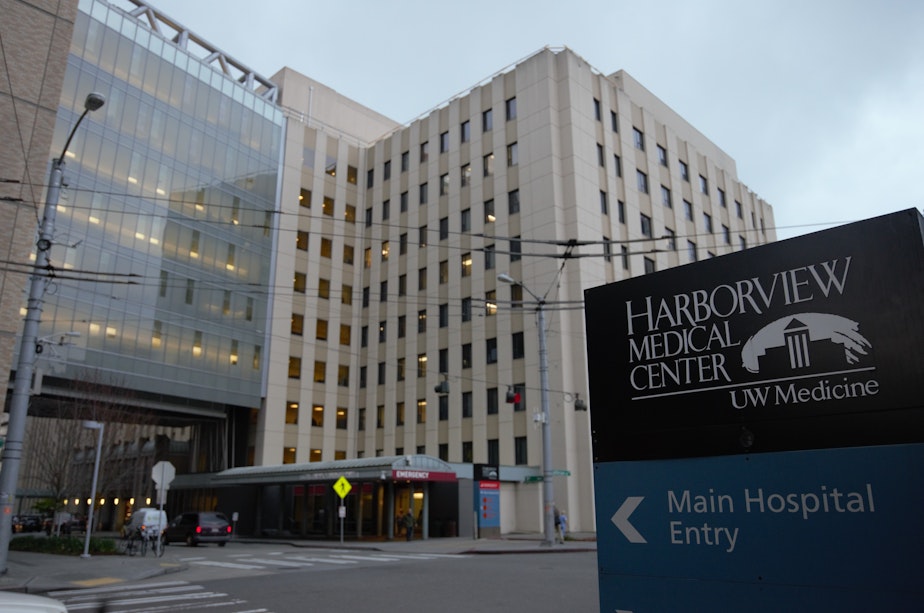NW hospitals stock up on ice and 'prepare for the worst' of heat-related illnesses

Local hospitals could see another influx of patients as the Northwest enters 2021's second summer heat wave.
But this time around, hospitals are applying the lessons they learned in June, like making sure their freezers are stocked with ice.
“We would be able to literally pack patients in ice," said Dr. Steve Mitchell, who works in the emergency room at Harborview Medical Center.
He said that ice was a vital tool for treating patients during the last heat wave.
"Pack ice around their body to rapidly cool them because that’s the way to protect them from the severe impacts of the most serious kind of heat illness, which is heat stroke.”
RELATED: Seattle opens dozens of cooling centers ahead of another heat wave
Sponsored
Even with skilled staff and packed freezers, many emergency rooms in Washington state don't have the experience treating heat-related illnesses like sunstroke that hospitals in warmer regions of the country do.
According to a report from the Centers for Disease Control and Prevention, 1,090 people visited emergency departments for heat-related illnesses in Washington state on June 28. On that same day, two years earlier, only nine people went to emergency rooms for heat-related illnesses.
Dr. Bryce Snow helps direct the emergency department at Providence Medical Center in Everett. He says this time around, hospitals and emergency medical services are making sure they know who to call in case one hospital gets overwhelmed and needs to disperse patients to other emergency rooms.
RELATED: How hot is too hot for Seattle?
“The temperature doesn’t look like it’ll be as high as it did last time, but we’re prepared for the worst, which is always kind of the mantra we live by in the ER," Snow said. "Expect the worst and prepare the for worst and be glad if it doesn’t happen.”
The hospital is also finding spaces for cooling stations in waiting rooms and hallways. And they’re keeping special equipment readily available to flush overheated patients with cool water.
Sponsored
The potential stream of patients visiting the emergency room with heat-related illnesses corresponds with another challenge – hospitals in Washington are also seeing more patients hospitalized with Covid-19.




